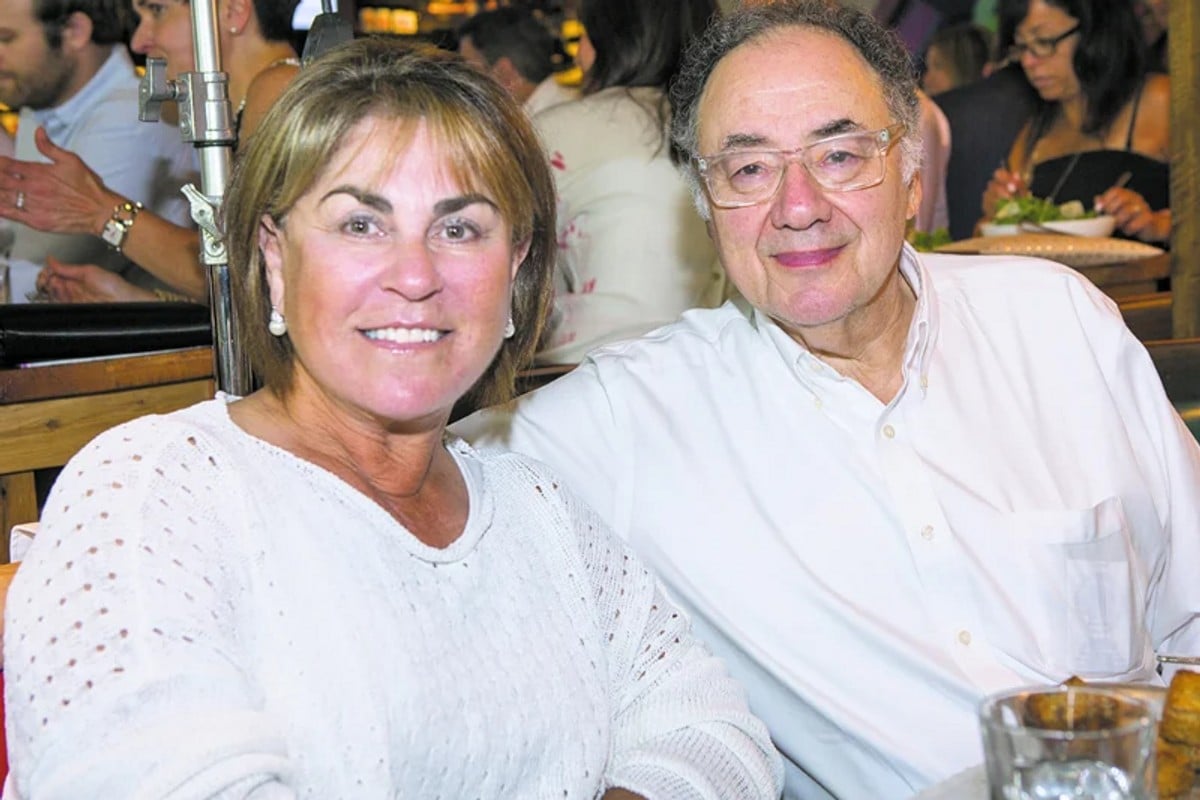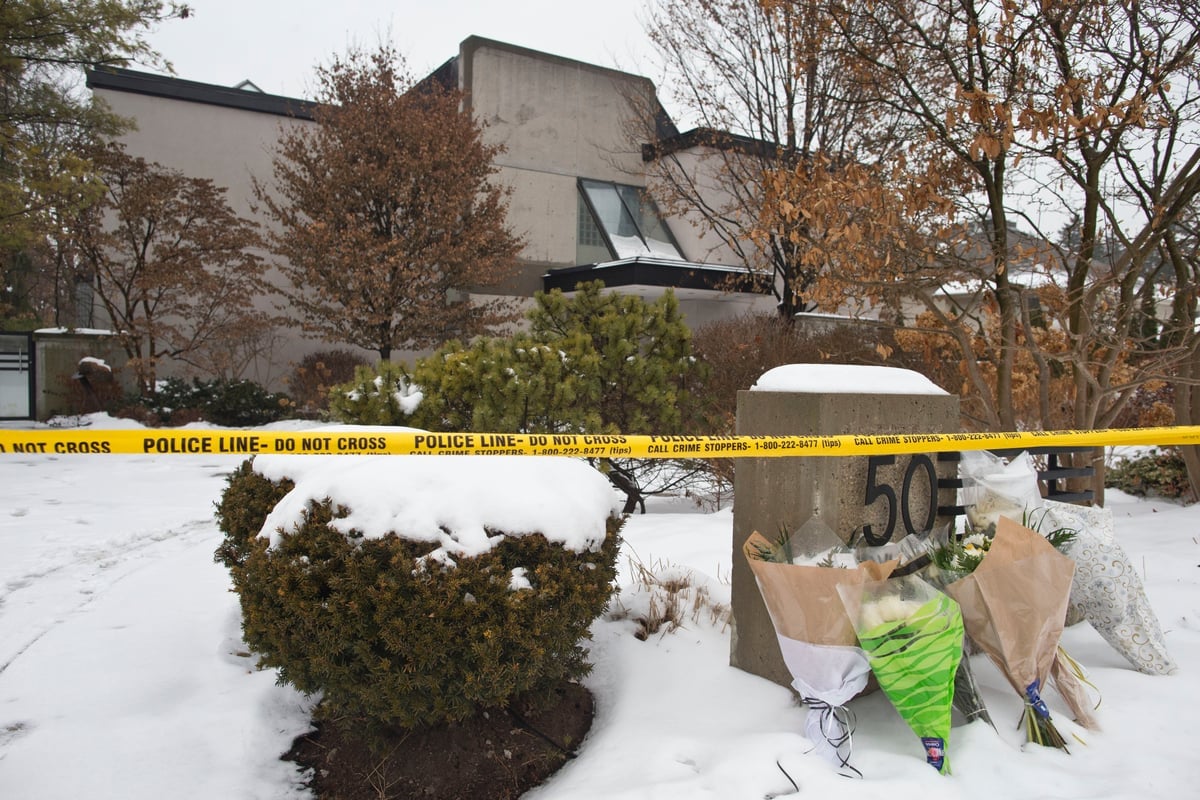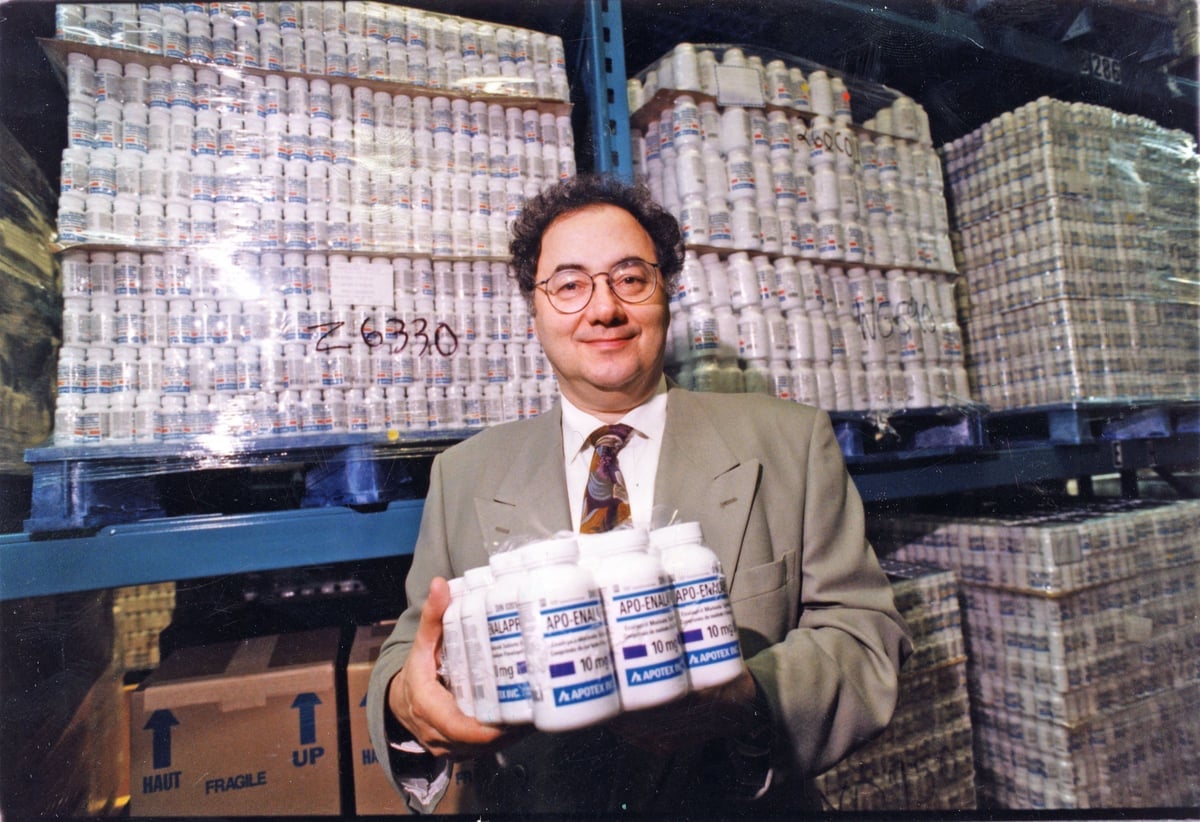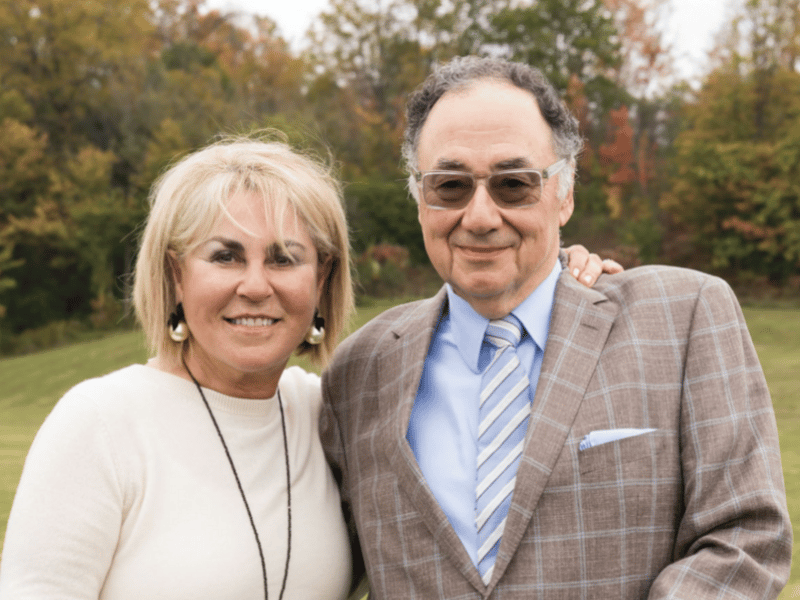
For 30 years, billionaire Barry Sherman and his wife Honey, had lived quietly at a house on Old Colony Road in Toronto.
The pharmaceutical magnate was one of Canada's richest men, a dedicated philanthropist, and a staunch supporter of Prime Minister Justin Trudeau.
But in 2017, 70-year-old Honey decided it was time to move a little closer to the city, so she and Barry, 75, put the home on the market. They listed the home for AUD$5.5 million and built a new AUD$27.5 million mansion in the exclusive enclave of Forest Hill.
But they never made it to their new home.
Listen to True Crime Conversations unpack the Sherman murders. Post continues below.
In December 2017, real estate agent Elise Stern arrived at the Old Colony Road mansion to show a couple around the home for sale.
The gardener and housekeeper had already been to the home that morning. The alarm had been turned off.
As the agent took the potential buyers to the pool, they spotted the couple slumped over, side by side, on the far deck. Leather belts had been wrapped around their necks and attached to a metal pool railing.
Their arms were tied behind their backs.
The double homicide took the world by storm, as the police, media and the public tried to determine why the billionaires had been slain.
 The double homicide shocked the world. Image: Getty.
The double homicide shocked the world. Image: Getty.
































































































